Key Facts
Benefits and Risks of SSAS Investments
Small Self-Administered Schemes (SSAS) offer a range of benefits for business owners and key employees looking to take control of their pension investments while aligning them with business growth. With options such as tax relief on contributions, investment in commercial property, and the ability to loan funds back to the sponsoring company, SSAS can be a powerful tool for maximizing retirement savings and supporting business development.
However, there are risks to consider when investing through a SSAS. The scheme's investments are subject to market fluctuations, and poor investment choices can impact the value of the pension fund. Additionally, using SSAS to make loans to the business can increase exposure to business performance risks. It's important for SSAS members to carefully evaluate these factors and ensure that their investment decisions are in line with both their business strategy and long-term financial goals.

Greater Control Over Investments
SSAS members have direct control over investment decisions, enabling them to tailor the pension scheme to suit specific financial goals and preferences. This level of autonomy can be beneficial for experienced investors looking to actively manage their pension funds.

Tax-Free Growth
Any growth in the value of investments held within a SSAS, such as rental income from commercial property or returns on company shares, is free from Capital Gains Tax. This allows the fund to grow more efficiently over time.

Multiple Membership Options
SSAS can have up to 11 members, often including company directors and key employees. This shared membership structure allows businesses to offer unique pension benefits to select employees while combining resources for greater investment potential.

Pension Scheme Borrowing
A SSAS can borrow up to 50% of its net asset value to finance investments, such as purchasing commercial property. This ability to leverage can enhance the scheme’s investment capacity, though it also increases the associated risks.

Succession Planning Benefits
Upon the death of a SSAS member, remaining funds can be passed on to beneficiaries without triggering tax penalties. This feature makes SSAS an effective tool for intergenerational wealth transfer and succession planning.

Complex Administration Requirements
Managing a SSAS involves detailed record-keeping and compliance with regulatory requirements. Failure to adhere to these rules can result in severe penalties, making it essential for trustees to seek professional advice and support.

Potential Exposure to Business Performance
Investing in or lending to the sponsoring company links the SSAS’s performance to the success of the business. If the business faces financial difficulties, it could affect the pension scheme’s value and members’ retirement savings.
%20(3)%20(2).jpg)







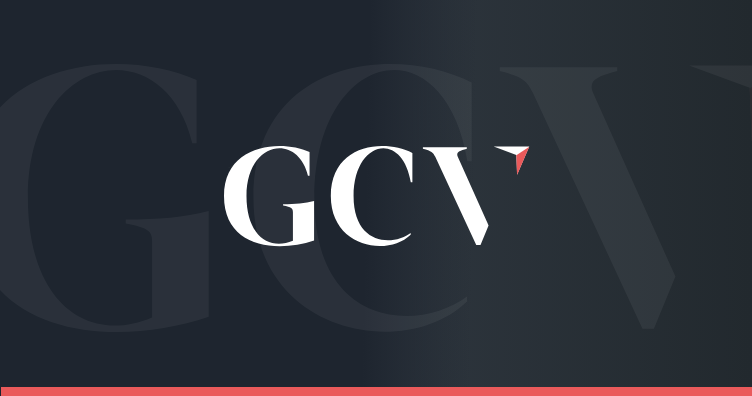
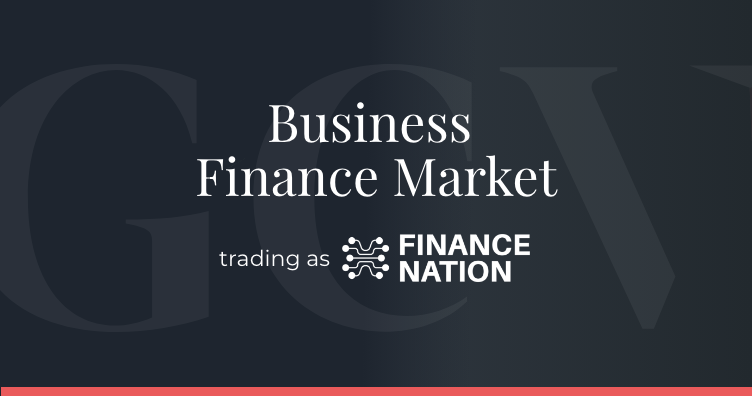


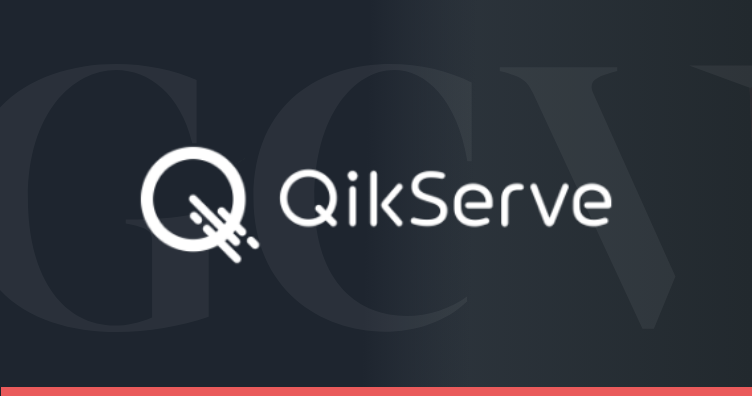
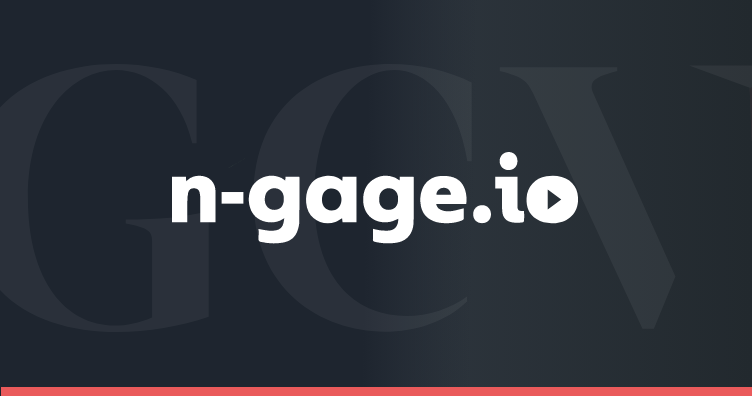
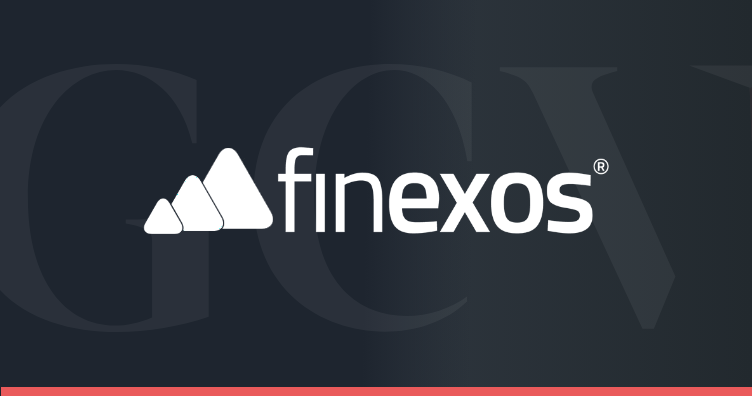
.jpg?width=1000&height=777&name=Tax%20efficient%20investing%20Brochure%20(2).jpg)




